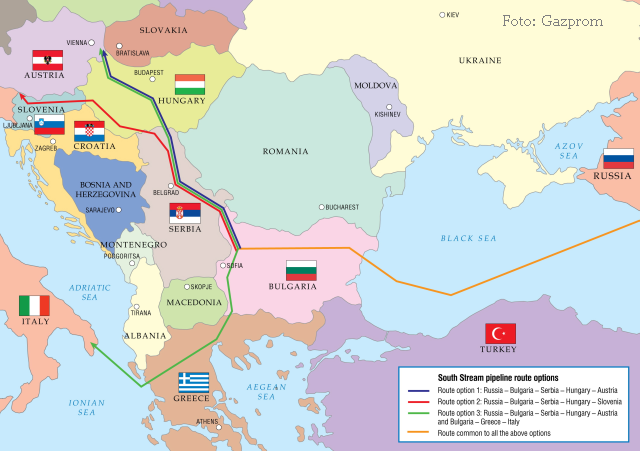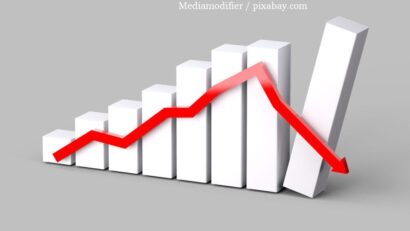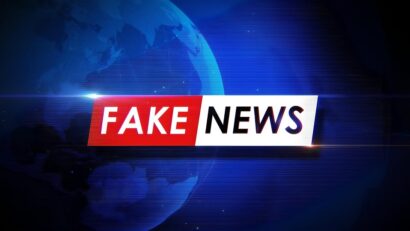Romania and the Natural Gas Market
Designed to become partially operational in the first quarter of 2016 and fully operational in 2018, the South Stream natural gas pipeline will connect the Russian Black Sea coast to the Bulgarian one by crossing Turkeys territorial Black Sea waters, whi

România Internațional, 03.01.2014, 12:54
Designed to become partially operational in the first quarter of 2016 and fully operational in 2018, the South Stream natural gas pipeline will connect the Russian Black Sea coast to the Bulgarian one by crossing Turkey’s territorial Black Sea waters, while also crossing Bulgaria, Serbia, Turkey, Hungary, Greece, Slovakia, Croatia and Austria.
The gas pipeline will have an annual transport capacity of 63 billion cubic meters. Russia, the supplier country as well as the states importing the Russian gas hope the pipe will decrease their dependency on transit countries, Ukraine in particular. In 2006 and 2009, following divergences with Moscow, Kiev took the decision to cut off the natural gas transports to the European countries. The latter were highly affected by this decision.
The European Commission however, believes that the bilateral agreements regarding South Stream which Russia signed with the member states and with Serbia – that although a non-EU member is part of the European Energy Community – are breaking the community law. Consequently, the European Commission has asked for those agreements to be re-negotiated. Brussels has identified three main problems. The first one is that the European legislation does not allow for the equipment and the transport network to be owned by the same company, in this case Gazprom. Secondly, the indiscriminate access to the gas pipeline for other operators needs to be guaranteed. And thirdly, tariffs must be clearly stated.
Gazprom voiced its susprise and disappointment, with respect to the European Commission’s recommendation. The Russian consortium pointed out that it had signed an agreement for the North Stream project to be exempt from the European Union’s Third Energy Package law and believes that South Stream can also benefit from this exemption. The Third Energy Package, regulating the European Union’s natural gas and electricity market, stipulates the separation of energy production from energy distribution, the setting up of a national regulatory authority in each member state as well as the establishment of an agency for the cooperation of the energy regulatory authorities. South Stream is mainly a political and geopolitical project, says political analyst Vladimir Socor:
Vladimir Socor: “One of the goals of the South Stream project is to set a precedent of European legislation violation regarding the energy market. The European legislation package regulating the natural gas market, known as the Third Energy Package, imposes a separation between pipeline owner and gas supplier. The gas provider is no longer allowed to also own the pipeline. The entire South Stream model is based on Gazprom’s and the host country’s co-ownership of the pipeline. In each host country of the South Stream project Gazprom is therefore one of the co-owners, a situation that is explicitly forbidden by the Third Energy Package. Russia wants to create a conflict between these countries and the EU. Moreover, Russia wants to set a precedent, in order to protect the pipelines that it already owns or co-owns in other EU countries, in particular in Germany, and to a certain extend in Belgium, Netherlands and Poland and completely in the three Baltic countries. Germany is the main target, though. In all these countries Gazprom owns or co-owns supply and transit pipe lines, which the Third Package forbids. However, if Gazprom manages to set a situation in the South Stream countries in which the EU, willy-nilly, accepts this violation of the EU legislation, than Gazprom will get immunity in Germany, Belgium, the Netherlands, Poland and the Baltic countries. That is why Gazprom wants to attract the South Stream countries into this game and I am happy that Romania did not let itself lured into it. ”
Bucharest had staked it all on the Nabucco project, politically supported by the EU, which would provide natural gas from the Caspian Sea area, thus reducing Europe’s dependence on the gas imported from Russia through Gazprom. Azerbaijan, however, decided to carry its natural gas to Europe through the TAP pipeline (crossing Greece, Albania, Italy), to the detriment of Nabucco (which would cross Bulgaria, Romania, Hungary and Austria). Was Romania wrong in betting on the Nabucco project alone? Vladimir Socor again.
Vladimir Socor: “When it comes to natural gas, Romania is in a better situation than Bulgaria, Hungary and even Austria because it is less dependent on gas and energy given its own natural gas deposits in the Transylvanian hills. South Stream would not have helped much; on the contrary, it would have made us even more dependent on Russia as the co-owner of the pipeline together with the Romanian state, giving Russia even more leverage. Secondly, it would have placed Romania in direct conflict with the European Union.“
Another possible conclusion is that the failure of the Nabucco project also shows that Russia has remained a major player in the Caspian Sea area.






























